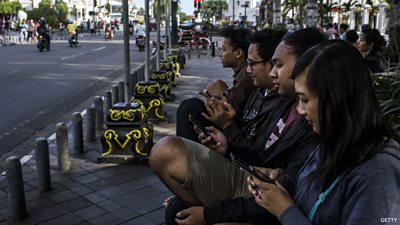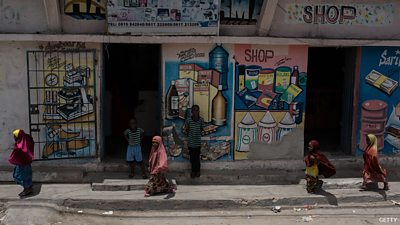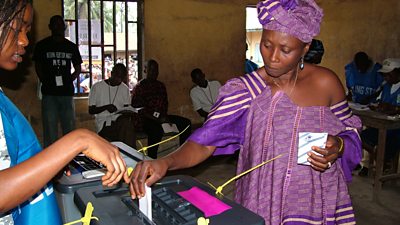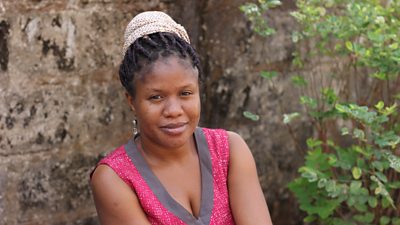The spread of information that is false or misleading – whether by word-of-mouth, media, or otherwise – is an age-old phenomenon. But advances in technology, increasing access to both traditional and social media, and changes in how people interact with information are propelling the spread of false information at a speed and scale not seen before. Whether it’s rumours, hoaxes, sophisticated and deliberately false or manipulated information, or simple misinterpretations, ‘information disorder’ divides societies and threatens our health and well-being.
Our work draws on two decades of experience across research, capacity-strengthening, multi-media content production and outreach to tackle information disorder.
We use our research to understand what drives engagement with, trust in, and reaction to information. This informs our production of compelling content that is emotionally engaging and seeks to understand and reflect - rather than fuel - the fears, concerns, values and motivations of diverse audiences. This helps us produce content that is able to ‘cut through’ with different target audiences, maximising impact.
Our projects provide audiences with accurate, trusted and engaging information, and improve media and digital literacy. We use story-telling approaches to help people recognise the psychological factors at play in how they engage with information – such as content that plays on their emotions - and to help shape their beliefs and practices about what it means to consume, share and produce information safely and responsibly.
We believe that the principles of public service broadcasting have never been so relevant, and supplying accurate, trusted and trustworthy information on media platforms that reach people at scale is one of the most effective antidotes to information disorder. At the heart of our work is training and mentoring journalists, editors and other media professionals working in local and national media organisations, supporting them to deliver trusted information in the public interest.
We also strengthen their capacity to tackle information disorder, with more robust editorial processes, use of audience research, production and journalism skills, including investigative journalism, fact- and source-checking.
Our work helps to ensure that relevant, engaging and trusted public-interest content is widely available. We create and support networks and coalitions of media and civil society organisations working to tackle information disorder, including fact-checking networks. Building resilience to ‘information disorder’ leads to a healthier information environment – and contributes to more cohesive societies.
Ultimately, we help ensure that individuals and media organisations can take action against the production, consumption and sharing of false or misleading information.
Our insight
-
 We supported Unicef with a review of the Internet of Good Things - aimed at bridging digital divides. Read the report (leads to third-party site)
We supported Unicef with a review of the Internet of Good Things - aimed at bridging digital divides. Read the report (leads to third-party site) -
 NEW - A collaboration with Google Jigsaw and the University of Cambridge, this is a technical guide to inoculating audiences (leads to third-party site).
NEW - A collaboration with Google Jigsaw and the University of Cambridge, this is a technical guide to inoculating audiences (leads to third-party site). -

Talking information disorder at the United Nations
We marked the midway point of the UN Global Goals with a session on information disorder at the Concordia Annual Summit - watch it here
Our work
-

Digital and media literacy: Supporting resilience to mis- and disinformation
Learn more about our approach and our work around the world -
 Explore how we build resilience to information disorder across societies and contribute to healthier information environments for people around the world.
Explore how we build resilience to information disorder across societies and contribute to healthier information environments for people around the world. -
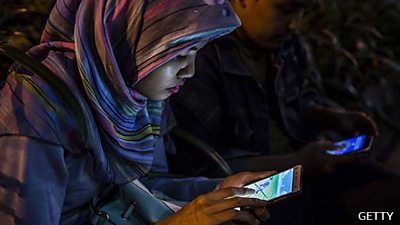
Five ways to tackle information disorder
Indonesia -
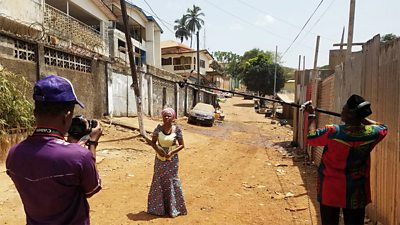
Helping people spot fake news
Sierra Leone -

Support to independent media
Eastern Partnership countries -

Protecting independent media for effective development
Bangladesh, Ethiopia, Sierra Leone -
 Indonesia
Indonesia -
 Global (leads to YouTube)
Global (leads to YouTube)
